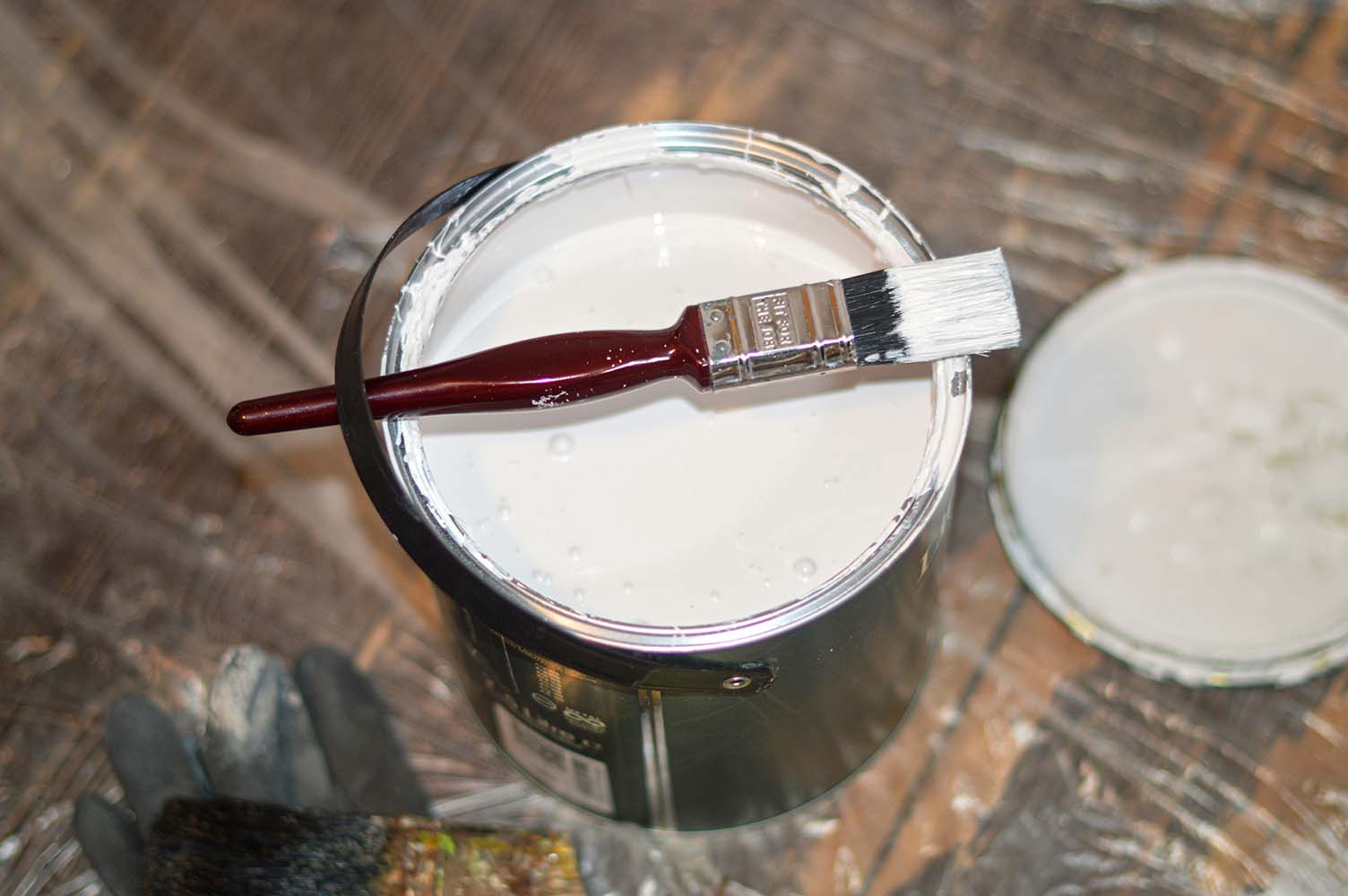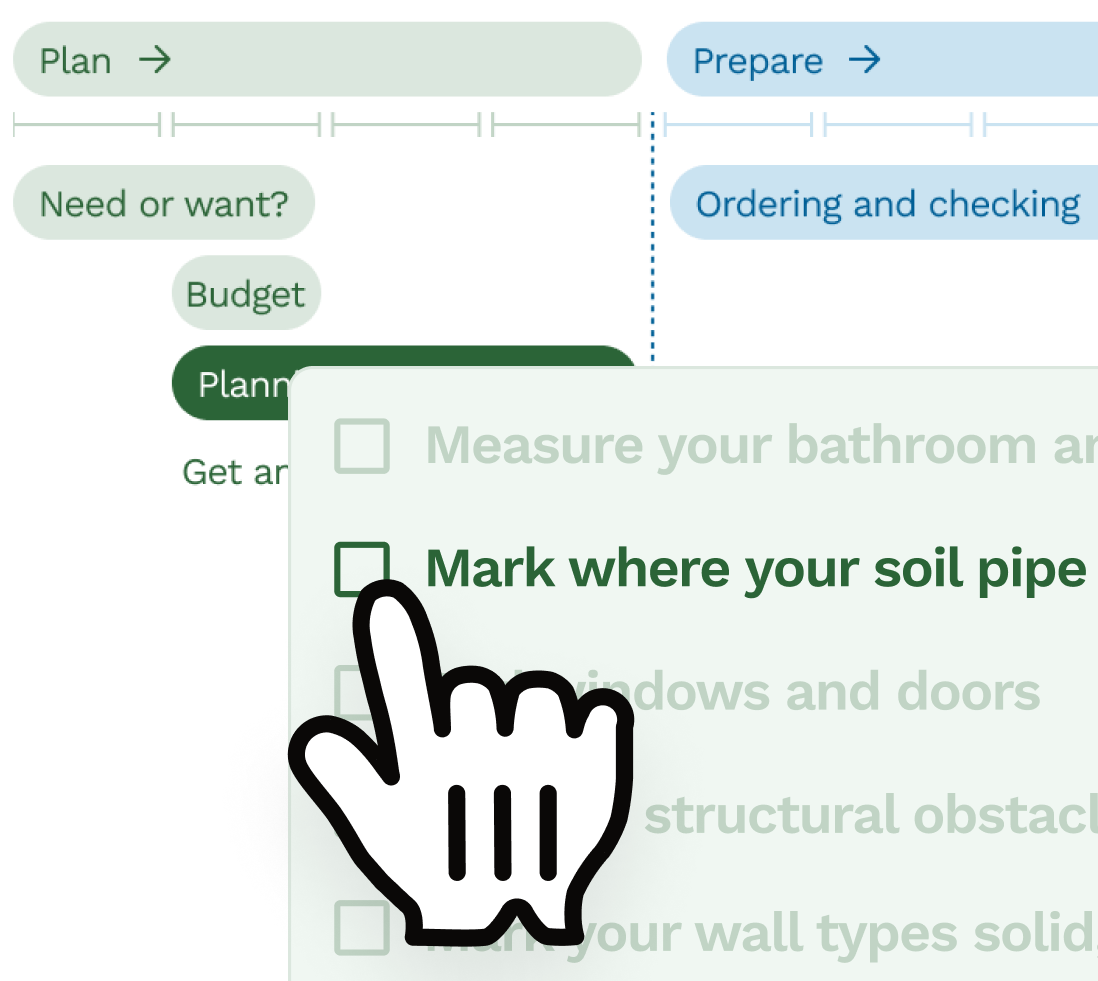Help & advice
Do I need to use 'kitchen paint' rather than emulsion for my kitchen / utility room?

It's a good idea to use specific kitchen paint for your kitchen or utility room renovation - here' the low down on why, and what you should be looking for in the paint you choose.
Choose a water based paint with natural, non-toxic ingredients and low VOCs - volatile organic compounds that release unpleasant gases. In addition, look for paint manufacturers minimising unnecessary transport and packaging.
1. Moisture resistance
Kitchens and laundry rooms are prone to high humidity levels and moisture accumulation due to steam from cooking, dish washing and cleaning.
Kitchen paint is formulated to resist moisture, preventing issues such as mould, mildew, and water damage.
2. Durability
Kitchen paint is designed to be more durable and long–lasting in humid environments. It resists peeling, cracking, and blistering, ensuring a more resilient finish in comparison to regular paint.
3. Easy to clean
Kitchen paint is typically formulated to be washable and easy to clean, helping it last longer.
4. Stain resistance
Kitchen paint often has stain–resistant properties, providing an added layer of protection against food spillages and splashes.
5. Improved adhesion
Kitchen paint is formulated with better adhesion properties, ensuring that it bonds securely to various surfaces in the kitchen and utility room, including drywall, plaster, and previously painted walls.

Frequently asked questions
Great home renovations start here.
Save thousands and finish faster. Renovation planner app with recommendations and tips.
Renovating? Read more...
Kitchen
3 kitchen trends you'll be seeing more of in 2025
These are the three kitchen trends emerging for 2025, the moods and moments that are helping to create calming, warm and inviting homes.
Kitchen
What order to do what and when for a kitchen renovation
Where to start, the decisions to make in what order and what to expect when it comes to the work to complete your kitchen renovation.
All rooms
Save money, save energy and save water from your renovation.
You've got the vision for your dream room - colours, tiles, that perfect finish. But have you thought about how it's going to perform?
Start your renovation with Reno